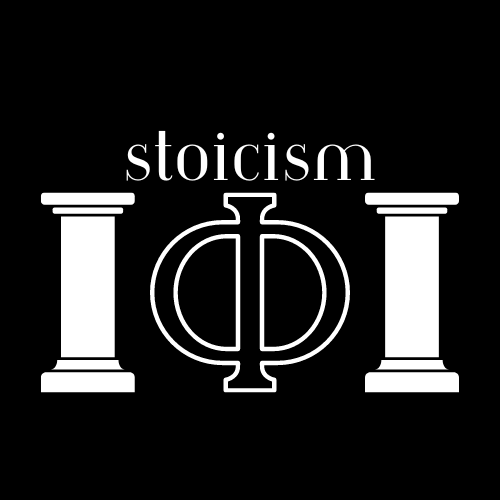The Year 155: Epictetus and the Founding of His Stoic School in Nicopolis
In the annals of Stoic history, few events stand out as prominently as the year 155 AD. This was the year when Epictetus, a former slave turned Stoic philosopher, founded his school in Nicopolis, a city in western Greece. But why was this event so significant, and what impact did it have on the Stoic philosophy and its followers? Let’s delve into this fascinating chapter of history.
The Journey of Epictetus
Born as a slave in Hierapolis, Phrygia (present-day Turkey), Epictetus was introduced to Stoicism by his master, Epaphroditos. Despite his humble beginnings, Epictetus’s sharp intellect and unwavering dedication to Stoic principles set him apart. After gaining his freedom, he began teaching Stoicism in Rome. However, in 93 AD, Emperor Domitian banished all philosophers from the city, prompting Epictetus to seek refuge in Nicopolis.
The School in Nicopolis
Nicopolis, founded by Augustus to commemorate his victory at the Battle of Actium, became the backdrop for Epictetus’s most influential years. Here, he established a school that would attract students from all over the Roman Empire. His teachings, primarily oral, emphasized the core Stoic belief that while we cannot control external events, we can control our reactions to them.
The Legacy of Epictetus’s School
The school in Nicopolis wasn’t just a place of learning; it was a beacon of hope for many seeking solace in the chaotic Roman world. Epictetus’s teachings, later transcribed by his student Arrian in the “Discourses” and “Enchiridion,” have had a lasting impact on Stoicism and philosophy as a whole.
One of the most profound lessons from Epictetus is the idea of “prohairesis” or moral choice. He believed that our true power lies in our ability to choose our responses, irrespective of external circumstances. This teaching resonates even today, influencing modern self-help movements and cognitive therapies.
Conclusion
The year 155 AD marked a pivotal moment in Stoic history. The establishment of Epictetus’s school in Nicopolis not only preserved and propagated Stoic teachings but also left an indelible mark on philosophical thought for generations to come. As we reflect on this event, we are reminded of the timeless nature of Stoic wisdom and its relevance in our contemporary world.



